Posted on 7/31/2023
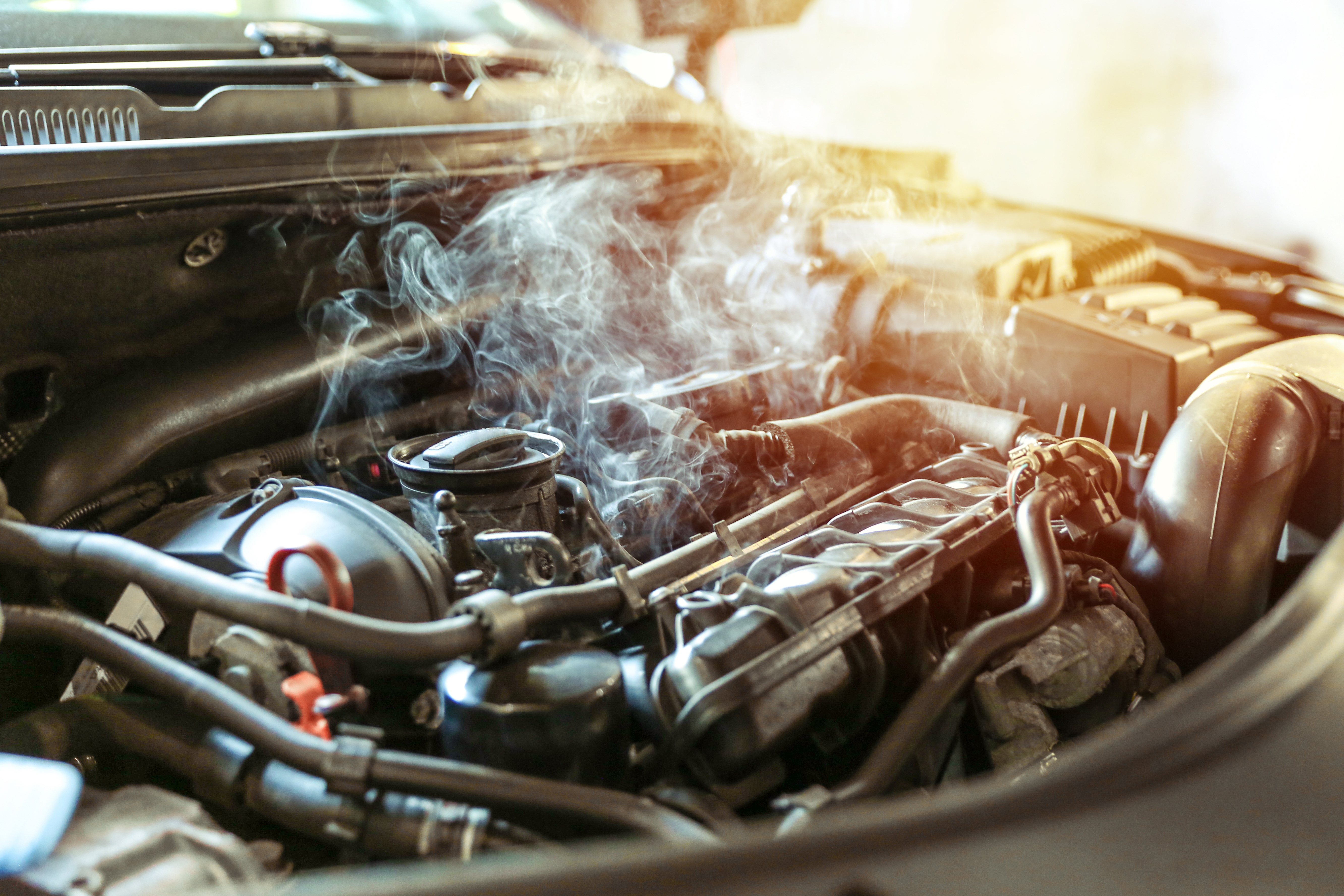
An engine failure or overheating can be a driver's worst nightmare, leaving you stranded on the side of the road with uncertainty and stress. While these situations are undoubtedly distressing, knowing how to handle them calmly and efficiently can make all the difference. Here is our guide to overcoming these headache-indulging situations. Step 1: Stay Calm and Stay SafeThe first and most crucial step is to remain calm. Panic can lead to hasty decisions, potentially putting you and other drivers at risk. Immediately signal and pull your vehicle to the side of the road, away from traffic. Engage the hazard lights to alert other drivers of your situation. Step 2: Turn Off the EngineIn the event of engine failure or overheating, turn off the engine as soon as it is safe to do so. Continuing to run an overheated engine can cause severe damage (for example, the parts can friction weld because of the temp ... read more
Posted on 6/30/2023
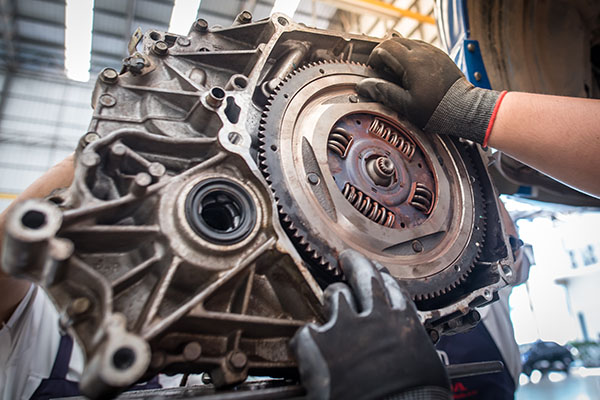
Your vehicle's drivetrain is a complex system responsible for transmitting power from the engine to the wheels, allowing your vehicle to move forward. Maintaining your drivetrain is crucial for ensuring smooth and efficient operation, as well as extending the lifespan of your vehicle. Today's blog will cover five essential ways to keep your vehicle's drivetrain well-maintained, helping you avoid costly repairs and breakdowns down the road. Regular Fluid Checks and Changes The fluids in your vehicle's drivetrain, such as transmission fluid, differential fluid, and transfer case fluid (in four-wheel-drive vehicles), play a vital role in lubricating the various components and reducing friction. Regularly checking the fluid levels and ensuring they are at the recommended levels is crucial. Additionally, follow the manufacturer's recommendations for fluid changes to maintain optimal performance. Dirty or low fluid levels ... read more
Posted on 5/31/2023

The Ford GT40 is an automotive legend that has left an indelible mark on the world of motorsports. Born out of a fierce rivalry and a desire to conquer the prestigious 24 Hours of Le Man's race, the GT40 became an emblem of Ford's determination and engineering excellence. Below, we will take a closer look at the history of this legendary vehicle and how it became one of Ford's most famous models. Origins In the early 1960s, Henry Ford II sought to challenge the dominance of Ferrari at Le Mans and establish Ford as a force to be reckoned with in endurance racing. After an unsuccessful attempt to acquire Ferrari, Ford decided to build its own race car. The GT40, named after its low, 40-inch height, was designed and developed by Ford Advanced Vehicles in the United Kingdom, with the collaboration of American engineering talent. The GT40's first appearance at Le Mans in 1964 ended in disappointment, with all three entries retiring. However, Ford persiste ... read more
Posted on 4/29/2023
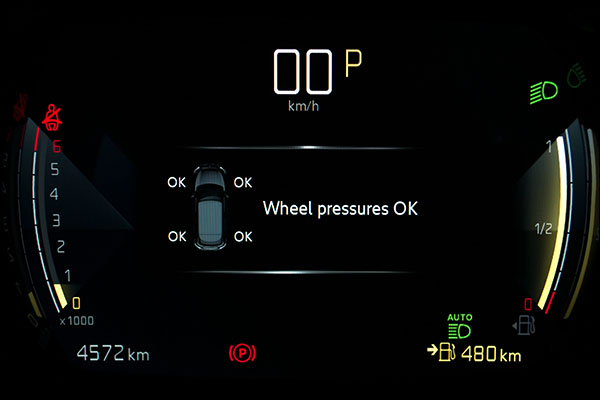
Have you ever noticed a small, illuminated icon resembling a horseshoe with an exclamation point inside on your car's dashboard? This is the Tire Pressure Monitoring System (TPMS) warning light, and it's an essential feature designed to keep you safe on the road. Understanding what this warning light indicates can help you take timely action and maintain optimal tire pressure. Let's delve into the details. Meaning And Types Of TPMS Lights The TPMS warning light serves as a visual reminder to check your tire pressure. When it illuminates, it means that one or more of your tires may be underinflated or overinflated. Tire pressure is crucial for proper handling, braking, and fuel efficiency. Incorrect tire pressure can compromise your safety and even lead to tire damage or a blowout. There are two types of TPMS systems: direct and indirect. Direct TPMS uses sensors mounted inside each tire to monitor the tire pressure and send the information to the vehicle ... read more
Posted on 3/30/2023

Spring is finally here, and it's time to get your car ready for the warmer weather ahead. To ensure your car is reliable for those grocery store runs, commute to work, park adventures, and even road trips, please remember to take care of your vehicle this spring season: Check your tires: Winter can be hard on your tires, so it's important to check the air pressure and tread depth. Your tires should be properly inflated to the correct pressure, and the tread depth is sufficient for safe driving. Replace your wiper blades: Winter weather can also take a toll on your wiper blades. If your blades are cracked, torn, or not working effectively, replace them before the spring rains arrive. Check your brakes: Spring weather can bring showers, and wet roads can make it more challenging to slow down your car. Remember to have your brakes checked to ensure that they are in good condition and working effectively. Change your oil: Spring is a great time to change your oil and replace t ... read more
Posted on 2/24/2023
.jpeg)
Regular oil changes are essential for maintaining the health and longevity of your vehicle's engine. Unfortunately, there are many myths surrounding oil changes that can lead to confusion and improper maintenance. In this blog, we'll debunk some of the most common oil change myths and provide you with accurate information on how to properly care for your car. Myth #1: You Need to Change Your Oil Every 3,000 Miles This idea is perhaps the most widely believed oil change myth. While it used to be true that cars required an oil change every 3,000 miles, advance in engine technology and synthetic oils have made this outdated advice. Most cars can now go 5,000 to 7,500 miles between oil changes, and some cars can even go up to 15,000 miles. Consult your vehicle's owner's manual or your mechanic for the recommended oil change intervals for your car. Myth #2: You Can't Change Your Oil in Cold Weather While it's true that oil becomes thicker in colder temperatures ... read more
Posted on 1/30/2023
.jpeg)
Most people don’t know this, but the cooling system is closely tied to your heating system or car heater. So when you show up to Lorentz Automotive for heater diagnostics and repairs, you can bet on us to inspect and test cooling system components. Our auto repair shop can ensure your heater helps you stay warm this season. Instead of making warm air, your car uses the excess heat drawn away from the engine to warm up your cabin. The cooling system is responsible for this task, which is why it works together with the heater core. This component is essentially a radiator. It helps circulate coolant and produce warm air for your car cabin. Along with the heater core, coolant fluid is necessary to absorb the heat from the engine. It wouldn’t be possible without the water pump either. The pump is responsible for transporting the coolant fluid, or antifreeze mixture. The thermostat in the cooling system is responsible for letting coolant into the engine when it gets too ... read more
Posted on 12/30/2022
.jpeg)
There are several key differences between diesel and gas engines. Diesel engines are typically more powerful and efficient than gas engines. They also tend to last longer, due to their higher compression ratio and increased durability. Diesel engines also tend to produce more torque, which is ideal for heavy-duty applications. Another key difference is that diesel is more expensive than gas. However, diesel has a higher energy density hence less of it is required in comparison. Diesel engines also require more maintenance than gas engines, due to their higher compression ratio and the need to change the oil more frequently. Power There are several key differences between diesel and gas engines that affect their power output. For one, diesel engines are typically more efficient than gas engines, meaning they can convert more of the fuel's energy into usable power. Additionally, diesel engines tend to have a higher compression ratio than gas engines, which also increases their po ... read more
Posted on 11/18/2022
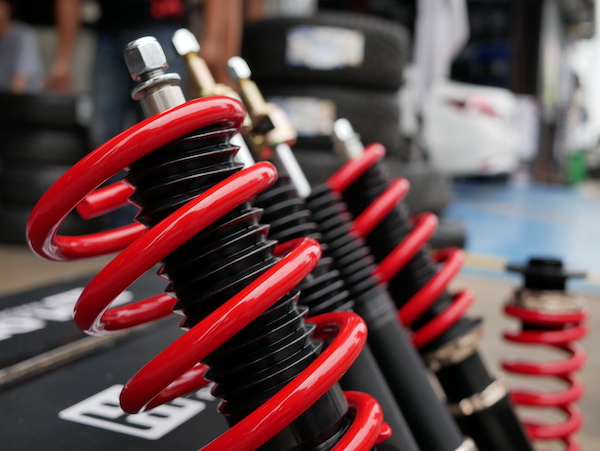
How to Tell If You Need Suspension Repairs The vehicle’s suspension system comprises many parts that work together to give you a smooth, safe, and comfortable ride. More importantly, it impacts how your vehicle drives and brakes. In fact, poor suspension can decrease your brake distance or time by up to 20%. Therefore, driving with bad shocks and struts can be dangerous. We are here to educate you on how to spot worn suspension parts. What Are the Tell-Tale Signs of Bad Suspension? Excess bounciness - especially after driving over bumps Drifting on turns - indicates shocks are not sufficient to hold the vehicle’s body against the force of a turn Uneven tire tread - uneven tire patterns and random bald spots can translate as a result of poor suspension Braking problems - reduced brake time and front end of the vehicle dips when braking Oily appearance on shocks/struts - this happens when the seal is cracked, indicating that they need to be replaced Failed boun ... read more
Posted on 10/29/2022
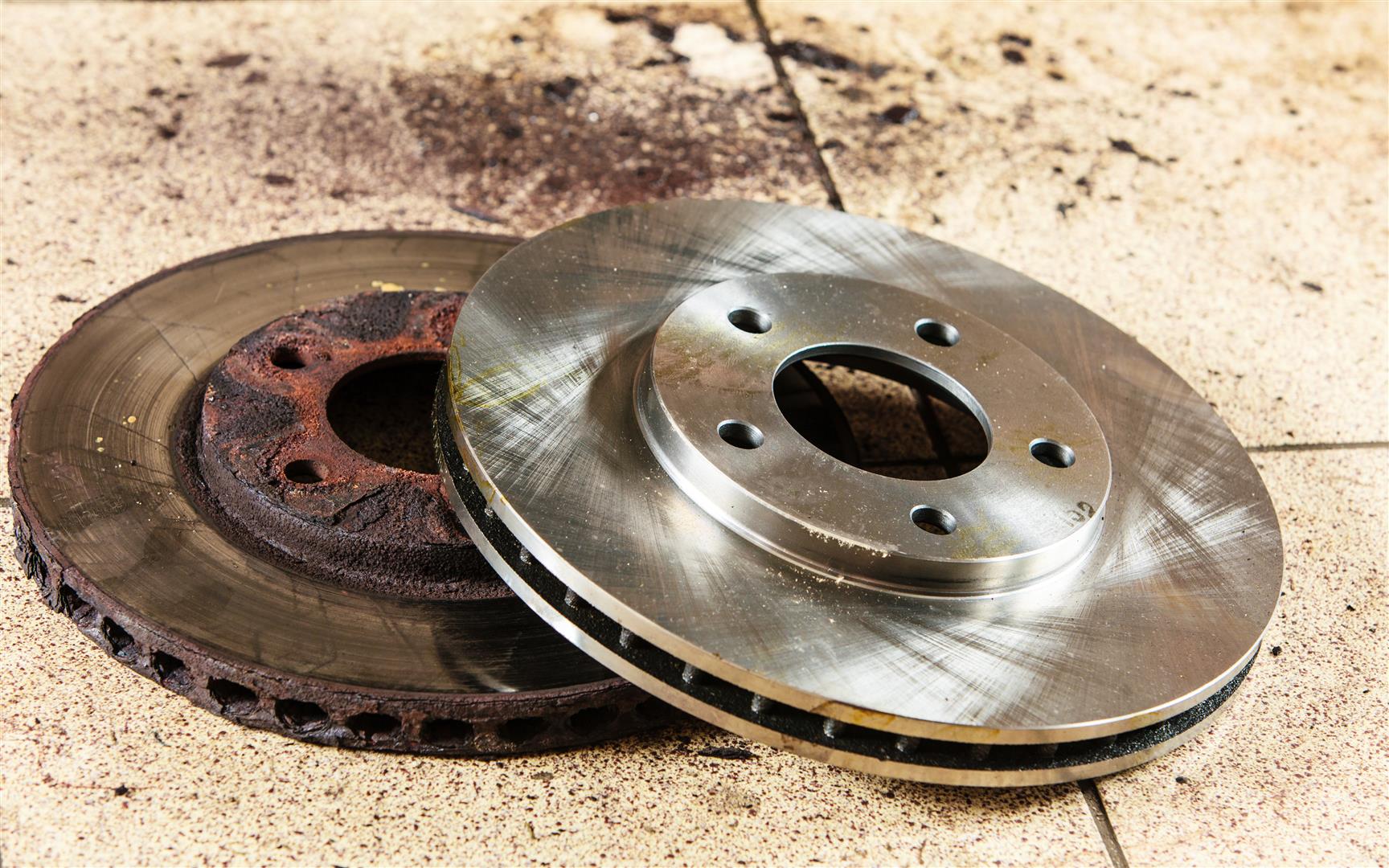
If you take care of your brake rotors, they can last much longer than brake pads. But how would you tell when it's time to replace your rotors? When Do You Need a Brake Rotor Replacement? Vibration in The Brake Pedal and Steering Wheel (Brake Pulsation) If your vehicle vibrates whenever you brake, it might be a sign to change your brake rotors. Such a situation occurs because of built-up brake pad deposits. The deposits are usually brake pad material that accumulates on the surface of your brake rotors and develops uneven spots. These brake pad deposits arise because of several factors. These may include a brake system subject to extreme heat, uneven clamping because of seized brake pistons, and incorrectly fitted pads. Loud Grinding Noises When Braking If you hear grinding noises whenever you're applying the brakes, there's a high likelihood that your brakes are corroded. If your car's brake system parts deteriorate, they'll grind against eac ... read more